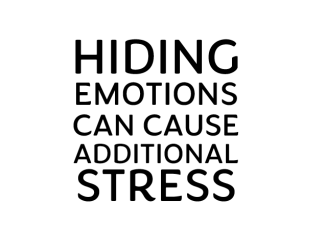High-stress levels are a major contributor to unhappiness and can be a big obstacle to a better relationship.
Stress leads us to be more emotional, and to the well-known Fight, Flight, Freeze, or Fawn response that can have significant impacts on our mental well-being and our connections with others.
Now a new study has found the stress-relieving benefits of spending some time in nature.
The study by the Lise Meitner Group for Environmental Neuroscience used magnetic resonance imaging (MRI) testing to determine the activity of the Amygdala (the main emotional centre of our brain) in participants after two very different experiences.
Firstly, the participants were tested after they had completed a one-hour walk in a forest, then the same process was undertaken after a one-hour walk through central Berlin.
Not surprisingly, the results showed that even a short exposure to nature decreases amygdala activity.
This suggests a walk in nature could serve as a preventive measure against developing mental health problems
“The results support the previously assumed positive relationship between nature and brain health, but this is the first study to prove the causal link.” – Simone Kühn, head of the Lise Meitner Group for Environmental Neuroscience.
The research shows that nature has a positive impact on brain regions involved in stress processing and contributes to the understanding of how our physical living environment affects our brain and mental health.
The results go in line with a previous study (2017, Scientific Reports) which showed city dwellers who lived close to the forest had a physiologically healthier amygdala structure and were therefore presumably better able to cope with stress.
This new study again confirms the importance of urban design policies to create more accessible green areas in cities in order to enhance citizens’ mental health and well-being.
The researchers are now moving on to another stage of their study that will look at the effects a one-hour walk in nature versus urban environments impacts stress in mothers and their babies.
So, for your own well-being, and for a potentially happier relationship, maybe a walk in the park might be a great strategy.



